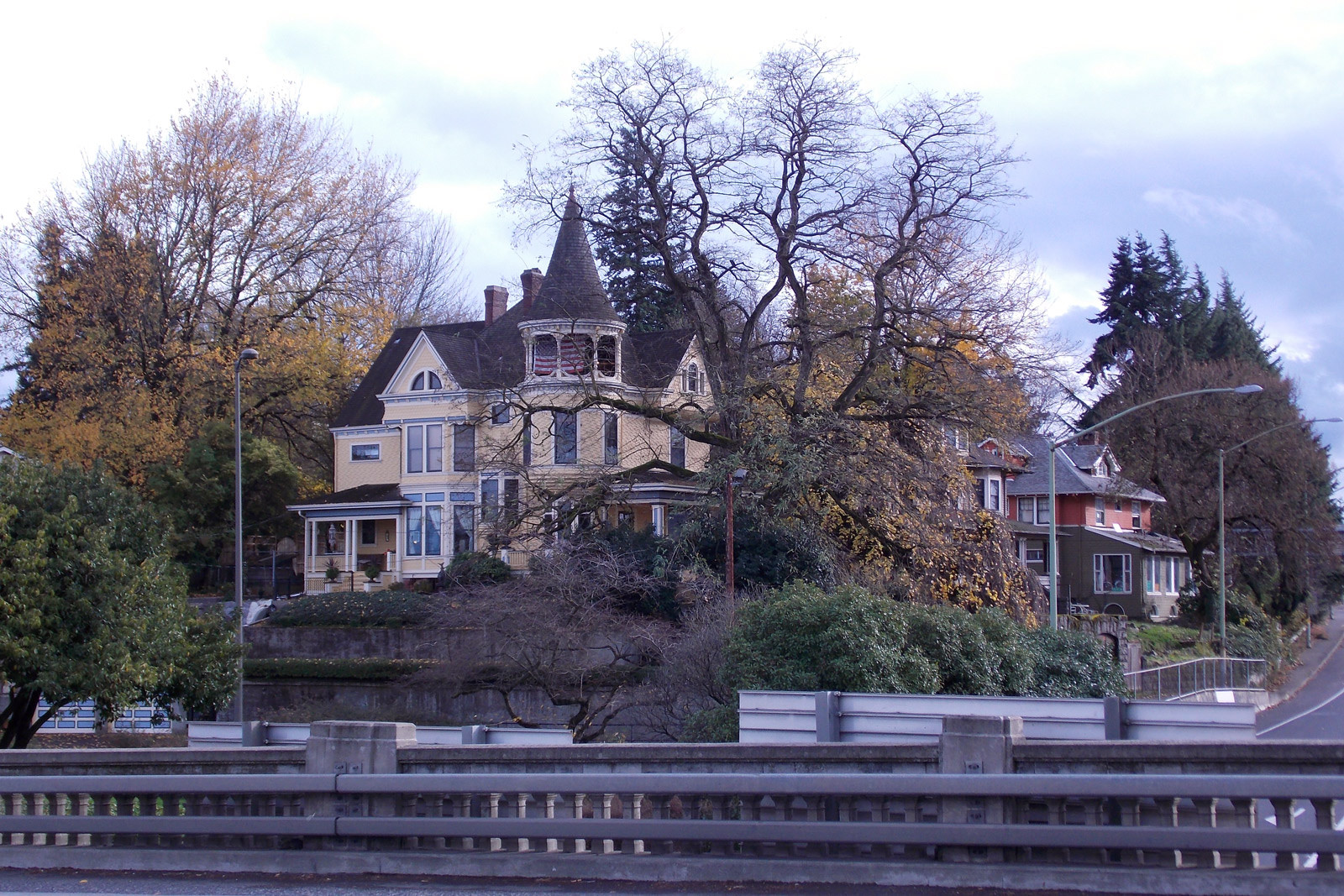It seemed like such a good idea at the time: what better way to celebrate the Czech Republic’s presidency of the European Union than a giant art installation, with input from every member state, showing what we really feel about our place in Europe?
True, some of the 27 entries were a little unusual. The eight-tonne work, entitled Entropa, depicted Romania as a Dracula theme park and the Netherlands as completely covered by water, with only the tops of minarets sticking out. The French component had the word “Strike!” emblazoned on it. And was that a hint of a swastika in the German entry, a bird’s-eye view of a series of autobahns? …
It was several days, however, before anyone complained and the EU began to smell a rat. Only when Bulgaria – depicted as a Turkish lavatory – objected did the Czechs start to question the organiser of the project, the artist David Cerny. Yesterday Mr Cerny admitted that the whole thing had been a hoax, and that he had created all the sculptures himself and invented the names of the “up-and-coming” artists from the 27 member states.
There was also the question of what became of £350,000 in funding meant for the artists.
Entropa was commissioned by the Czech Government to mark its historic first turn in charge of the EU’s rotating presidency. Yesterday it tried to laugh off the growing controversy around the installation – unveiled on Monday in the atrium of the European Council building – but the incident has further undermined confidence in the Government’s abilities; coming, as it does, after a faltering start to the EU presidency since taking over from France on January 1.
Mr Cerny, 41, first gained notoriety in 1991 by painting a memorial to a Soviet tank in Prague pink, while his sculpture of a Saddam Hussein figure preserved in formaldehyde has been banned in two countries.
Alexandr Vondra, the Deputy Prime Minister, said last night: “David Cerny bears the full responsibility for not fulfilling his assignment and promise. In this situation we are now considering which steps to take.”
The discovery explains why journalists were unable to find British artist “Khalid Asadi” to ask him why he chose not to contribute a sculpture – an omission explained in Mr Cerny’s brochure as a statement that Britain did not want to be part of Europe.
Sounds like art to ME!!!
